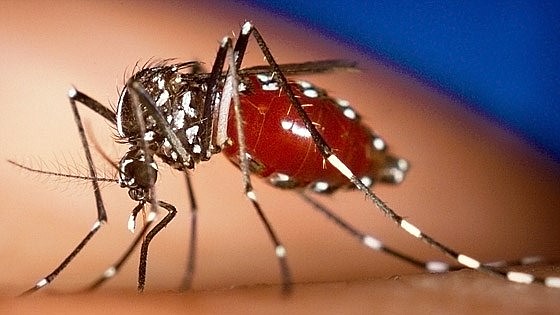Health officials are investigating the first suspected cases of the chikungunya virus in Hamilton County.
While the mosquito-borne virus has not been confirmed, residents who recently returned from a trip to the Caribbean are showing symptoms.
The Tennessee Department of Health confirmed the state's first case of chikungunya last week in a Madison County resident who also visited the Caribbean.
The most common symptoms of infection are fever and joint pain.
The virus is now widespread in the Caribbean and cases have been reported in countries in Africa and Southeast Asia.
Mosquitoes become infected when they feed on a person already infected with the virus. Infected mosquitoes can then spread the virus to other people through bites. Chikungunya is most often spread to people by Aedes mosquitoes, a species found in Tennessee.
To date, there is no evidence of transmission of chikungunya in Tennessee. Those most at risk are travelers returning from the Caribbean, Chattanooga-Hamilton County Health Department officials said.
There is currently no medicine to treat chikungunya infection or disease. Most patients feel better within a week. In some people, the joint pain may persist for months. Once a person has been infected, he or she is likely to be protected from future infections.
Although deaths are rare, those most at risk include the elderly, those with compromised immune systems, and those who have high blood pressure, diabetes or heart disease.
Symptoms usually begin 3 to 7 days after being bitten by an infected mosquito. The most common symptoms are fever and joint pain. Other symptoms may include headache, muscle pain, joint swelling, or rash.
To prevent further spread of the virus, it is important for people who are ill with or suspected of being ill with chikungunya to avoid mosquito bites during the first week of illness, health officials said.

